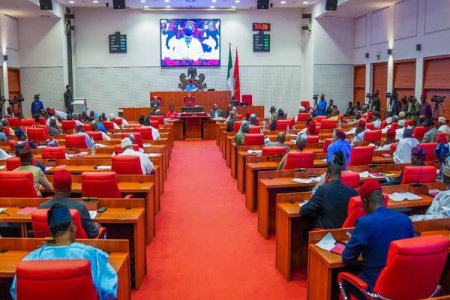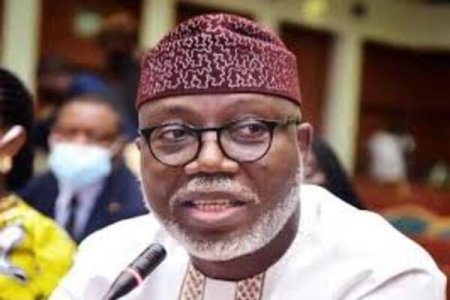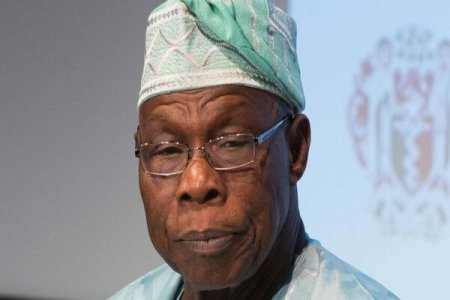
Nigerian Senate extends the 2023 supplementary budget implementation to December 31, 2024, running alongside the N28.78 trillion 2024 budget. Senate President Akpabio emphasizes the move's importance for completing projects. The decision highlights Nigeria's complex budgeting process and efforts to improve fiscal management and project implementation.
The Nigerian Senate has taken a significant step in extending the implementation of the 2023 supplementary appropriation bill until December 31, 2024. This decision, made during an emergency plenary session presided over by Senate President Godswill Obot Akpabio, will see the 2023 supplementary budget running concurrently with the 2024 budget of N28.78 trillion.
The bill's extension was sponsored by Senate Leader Michael Bamidele Opeyemi, representing the Ekiti Central Senatorial District. This move aims to provide the executive branch with additional time to complete ongoing projects and ensure the full utilization of allocated funds.
Senate President Akpabio expressed gratitude to the Senators for their understanding and patriotism in passing this extension. He emphasized the importance of this decision in allowing the executive to finalize projects that might otherwise remain incomplete due to time constraints.
This development highlights the complex nature of Nigeria's budgeting process and the challenges often faced in implementing fiscal plans within a single calendar year. By extending the 2023 supplementary budget, the Senate aims to promote continuity in government projects and potentially improve the efficiency of fund utilization.
The concurrent running of two budget cycles – the extended 2023 supplementary budget and the 2024 main budget – presents both opportunities and challenges for Nigeria's fiscal management. It will require careful oversight to ensure proper coordination and avoid potential conflicts in fund allocation and project implementation.
As Nigeria continues to navigate economic challenges, this extension reflects the government's efforts to maintain flexibility in its fiscal approach and ensure the completion of critical projects for national development.






